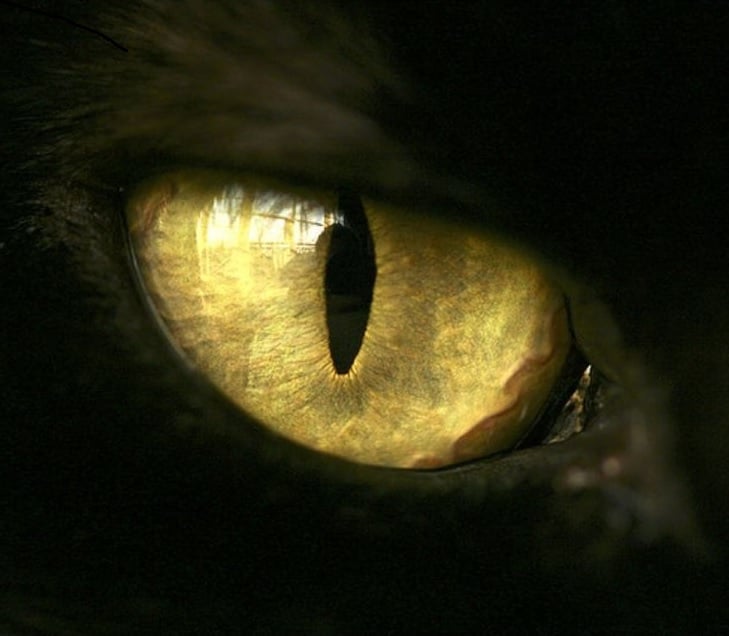What I think is interesting about the word flea market is that it’s a calque in pretty much all languages.
The Swedish word is “loppis”, which is a cutesy colloquial term for “loppmarknad.” Loppa, meaning flea, and marknad meaning market.
Flohmarkt in German also means lit. “flea market.”
Marche aux puces is French, where “puce” means flea, I think this might be the origin of the term.
Japanese has the casual term フリマ (fleama), short for フリーマーケット, which is just the English term “flea market”, there’s also the term 蚤の市, just meaning “market of fleas.”I believe Portuguese calls it a “thieves’ market”, but Spanish, Italian, Russian, Turkish, Dutch, and Mandarin all use their own native words for “flea market”; mercado de pulgas, mercato delle pulci, Блошиный рынок, Bit Pazarı, Vlooienmarkt, 跳蚤市场.
For all of the concepts and such that are identical across cultures, few things have universal names. Typically they enter the language as loanwords as well (e.g. karaoke, from Japanese ‘空オケ’, hollow orchestra), so the term “flea market” stands out to me. I’m sure there are lots of other similar things I’m not aware of though.
Edit: It’s worth mentioning that other than Swedish (native), English, and Japanese, I don’t speak any of the other languages. I’ve asked a Russian-American friend about the Russian term, and a friend in Taiwan about the Mandarin term. Otherwise I’ve checked dictionaries and the like. Don’t take my word as fact, I’m not a linguist. It was just a pattern I found interesting, because the term itself is so particular. Any and all corrections are more than welcome.
I’m also delighted by the discussion this has sparked! 💖
That reminds me of the word ‘Frank,’ which was used by the Byzantines to essentially mean ‘all those non-Roman barbarians to the west of us’ and which, after the Crusades, spread as a word across Asia meaning ‘Europeans.’
Thank you for sharing! I had not heard of this before. I particularly enjoyed this bit
Farang khi nok (Thai: ฝรั่งขี้นก, lit. ‘bird-droppings Farang’), also used in Lao, is slang commonly used as an insult to a person of white race, equivalent to white trash, as khi means feces and nok means bird, referring to the white color of bird-droppings
That’s so colourful. I love it.
It also made me think of the fictional race in Star Trek, the Ferengi. At least according to Wikipedia that is precisely the origin of their name!
deleted by creator
Are you referring to Brazil Portuguese and Portugal Portuguese?
(I’m just randomly curious. And while I’m asking,)
In which country is it Mercado de Pulgas? Do you know if the other one uses Mercado de WhateverThievesisinthatPortuguese?
In European Portuguese it’s “Feira da Ladra”, or “Fair of the (female) Thieve”
I started talking to a dude from Brazil a couple of months ago, and was blown away just by how different Brazilian Portuguese is from Portuguese, even just phonetically. I should’ve probably mentioned that I really only speak English, Swedish, and Japanese, so any other examples are ones that I’ve dug up in lexicons and the like, so there may be terms that are direct translations but not actually used colloquially.
I can totally see different words being used between Brazilian Portuguese and Portugal-Portuguese.
thieves market
I’ve definitely been to a few flea markets where I thought all this stuff was stolen.
Aha! See, my first thought was that maybe it had something to do with pickpockets being present!
Vlooienmarkt in Dutch, also literally flea market.Edit: Nvm, I’m blind, I see you already mentioned it.
It’s almost like most of those languages you mentioned, had their speakers go everywhere around the world, approximately 500 years ago, and they colonized most of the world, causing many places around the world to use similar idioms…
English is not a language.
English is 6 drunk raccoons driving an M1 Abrams through a Wendy’s drivethru.

Hey that’s the raccoon whisperer but Soldier from TF2. I’ve never seen that, that’s great.
I did nothing, but fed raccoons for three days
English is a germanic language. Is loanword an actual calque, and not an “evolved” version of a root word?
No, it was imported from German. Frisian and Dutch have “lienwurd” and “leenwoord” too (also calqued from German)
Loanword came into the language around 1860 so it is a claque. If it had been in the vocabulary since old-english then it would just be an evolved version of the German root.
When you learn a new language, you acquire its vocabulary. The etymology of the vocabulary is often irrelevant and can sometimes be beneficial. For example, when I started learning Spanish, I discovered that most French words ending in -al and -tion (a language I already know) are the same in Spanish. This means that I have instantly acquired hundreds of new words in my target language.
Every language has these. Chinese prefers calques to loanwords, but even it has 浪漫 lang4man4 romantic
This is one of those things where formally, sure, there’s a difference, but I’ve never heard anyone use that first term. Everything’s a loanword. And these kinds of things are in many, if not all, languages, from my attempts at learning other languages.
There’s no perhaps about it.
this reminds of that one conversation i had with a user trying to one up me on the semantic stupidity of the english language.
Like it’s great that you’re multi-lingual, please never try to argue something for the english language, even if you only speak english. It makes you look stupid.
Lots of !badlinguistics in this thread (but some goodlinguistics too though!).
yawn









